5 things you didn’t hear from Kevin Cramer at the NDGOP Convention – and that Cramer doesn’t want you to know
- CRAMER REFUSES TO STAND UP FOR NORTH DAKOTA ON TARIFFS
- CROOKED CRAMER WILL CONTINUE TO GET RICH OFF OF HIS POLITICAL CAREER
- CRAMER IS A TOTAL HYPROCRYITE ON THE NATIONAL DEFICIT
- CRAMER HID HIS DESIRE TO MAKE DEVASTATING CUTS TO SOCIAL SECURITY AND MEDICARE
- CRAMER HAS NO RESPECT FOR THE FREE PRESS
What’s strange is that Cramer called for investigations into TV stations but has continually criticizedRobert Mueller’s investigation into Russian interference in our election – even when reports show that hostile foreign actors like Russia targeted North Dakota’s voter rolls. Once again, it’s a classic example of Cramer putting partisanship before what’s right for North Dakota.
BONUS: Kevin Cramer highlighted that Congress lifting the crude oil export ban – an effort Heidi led in the Senate and helped make a reality. Here’s an example from the New York Times praising Heidi’s work across the aisle with Senator Lisa Murkowski (R-AK):
For months, Senator Lisa Murkowski, Republican of Alaska, and Senator Heidi Heitkamp, Democrat of North Dakota, formed a quiet, persistent alliance as they sought to convince their colleagues that it was time to end a more than 40-year ban on crude oil exports.
They turned the Senate floor into a symposium on the history of Nixon-era oil price controls. They offered up lectures on modern-day energy economics. They stressed the potential for using crude oil exports to increase American soft power — by limiting the reliance of American allies on oil-producing rivals like Iran and Russia.
And they also regularly drew the anger of liberal senators who warned that lifting the ban would harm the environment and potentially raise energy costs in the United States.
In the end, it seems, their efforts were an exemplar in soft-power legislating.

